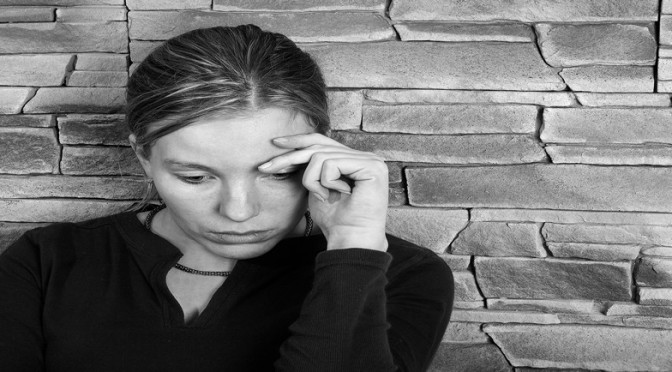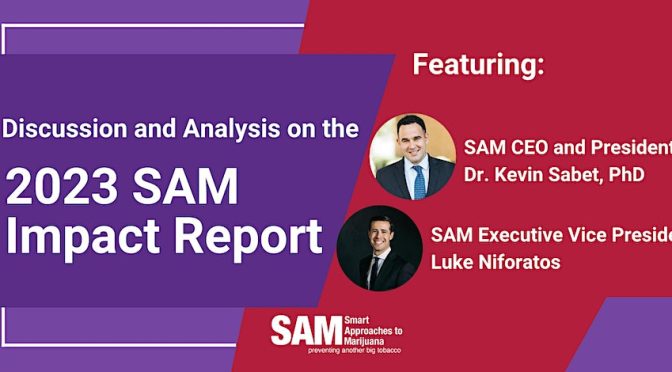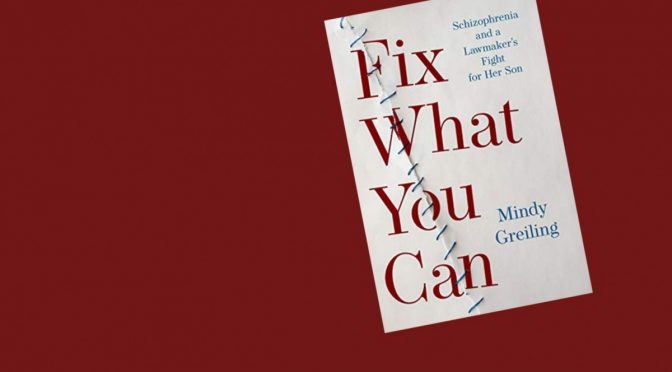What do parents say?
“I smoked pot in high school and I’m ok, so I won’t make an issue of it now that I found out my teen is doing it. I prefer my kids don’t smoke pot, but it didn’t really harm me, and I don’t want a be hypocrite.”
“At least it’s pot and not opioids or fentanyl.”
“It’s not addictive.”
Is this reaction ok? No it’s not. Wake up parents; there’s a new landscape today and you had better be concerned. Do everything in your power to stop it.
A Washington Post article earlier this year warned: “That sense of disbelief — pot wouldn’t do this — is prevalent among parents who have watched their teenagers become gripped by addiction.”
One of the most impactful side effects of the expanded legalization movement is normalization. Another outcome is the advertising to youth, and packaging made to imitate popular candies. And yet another aspect is higher potency THC.
The narrative from the Big Cannabis industry and its special interest lobbyists is that marijuana is a safe and effective medicine…a harmless social vice…an expression of personal freedom…it’s ANYTHING but a dangerous and addictive drug. Continue reading Even ‘Casual’ Marijuana Use Puts Teens at Risk




